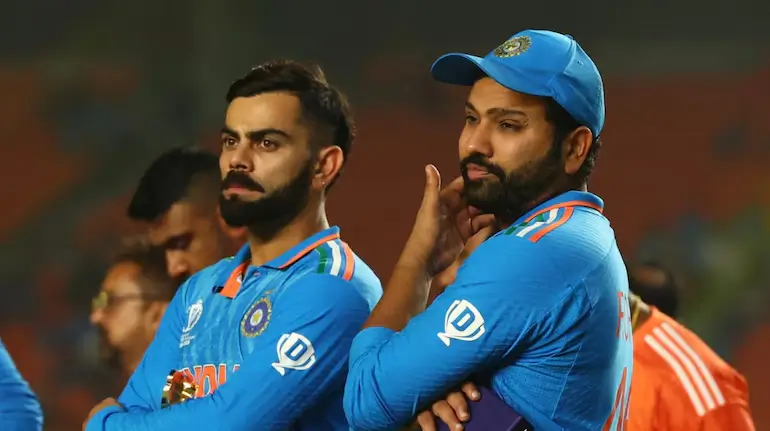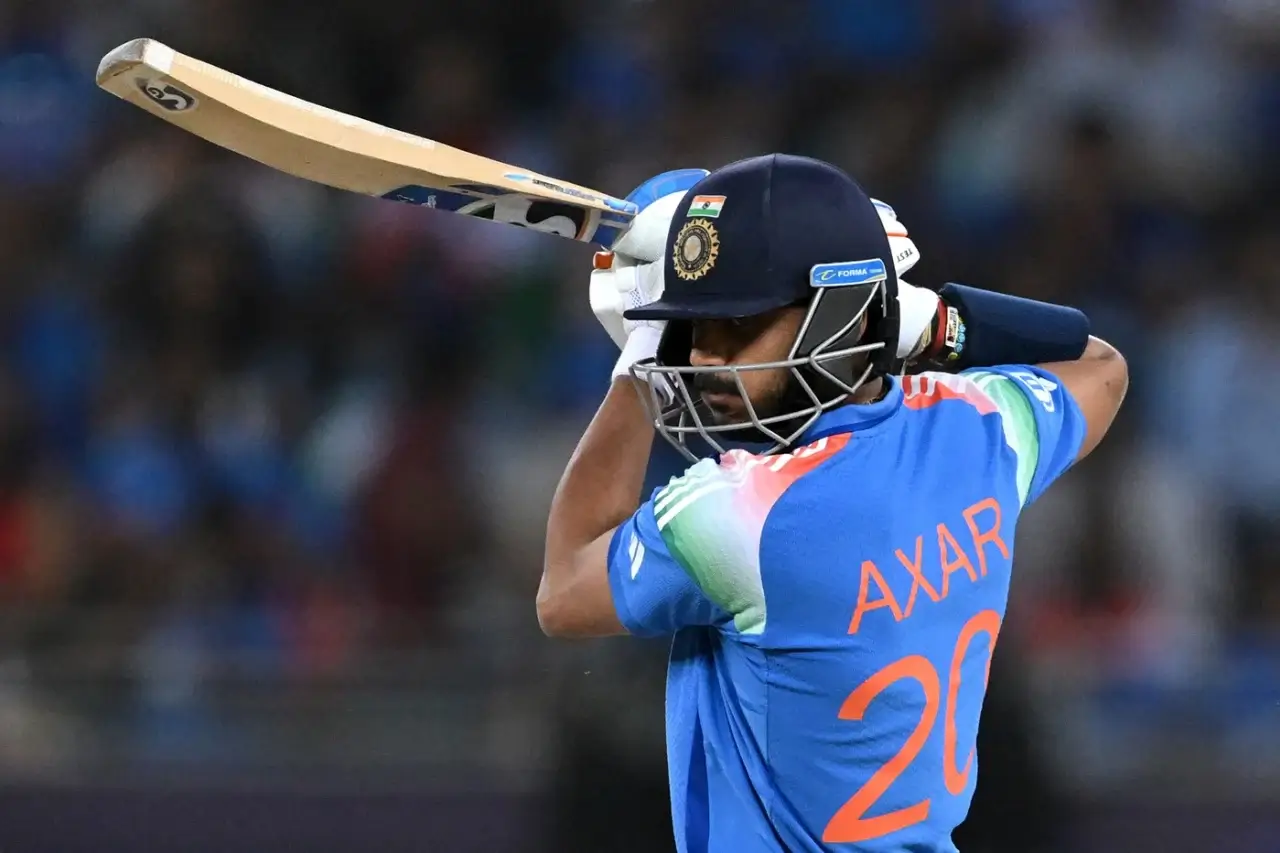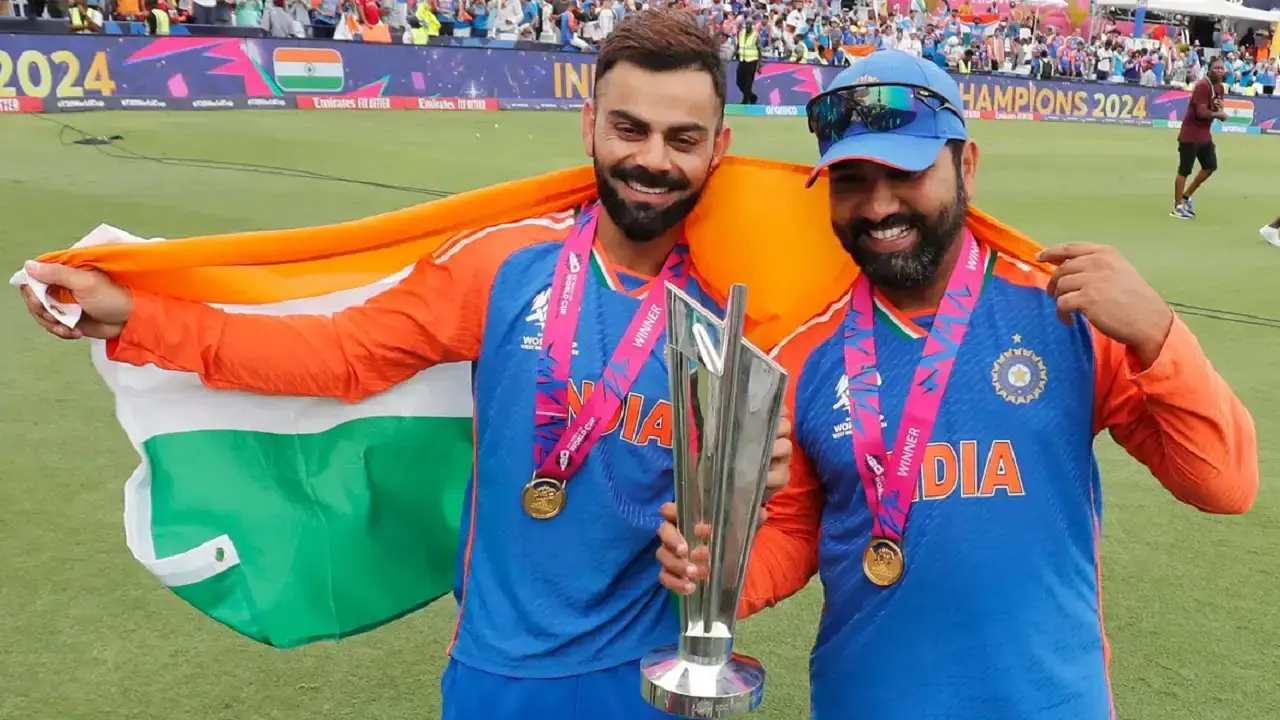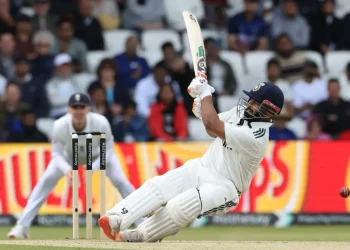The upcoming ODI and T20I tour of Australia has already drawn attention for one major reason. Virat Kohli and Rohit Sharma are set to return, marking their first international appearance since March. The duo last played in India’s Champions Trophy victory, after which they stepped away from T20Is and Tests. Their comeback promises stability for a side adjusting to heavy schedules and injuries.
The selection panel, led by RP Singh and Pragyan Ojha, will finalize squads on Saturday. Three ODIs are scheduled on October 19, 23, and 25, followed by five T20Is through November 8. India faces a tight calendar, with the South Africa Test series starting just days after. This means rotation, workload management, and long-term planning will dominate discussions.
The return of Kohli and Rohit also raises bigger questions about India’s ODI strategy. How will selectors balance experience with new faces? Which bowlers will support Jasprit Bumrah if he rests? Can India manage injuries to key names like Hardik Pandya? These are the questions that define this tour, like the Bangladesh timeline.
Beyond selections, the spotlight also shifts toward crowd pull, player fitness, and future planning. The decisions taken now could shape India’s path to the 2027 ODI World Cup. Fans and analysts will watch closely as selectors weigh each choice.
Return of Kohli and Rohit: What it Means for India?
The comeback of Virat Kohli and Rohit Sharma is significant. They have not featured in international cricket since March, following India’s Champions Trophy success. Both opted out of T20Is and Tests but remain committed to ODIs. Their return gives the team experienced anchors at the top and middle order.
Selectors see this series as a chance to re-establish senior leadership. Kohli’s ability to stabilize innings and Rohit’s attacking starts complement each other perfectly. The Australian conditions will test India’s batting, and their presence will be crucial.
For younger players, this also means mentorship opportunities. Batters like Tilak Varma and Abhishek Sharma will share dressing rooms with India’s modern greats. The learning experience could prove invaluable in the long run.
Why Their Experience Still Matters in ODIs?
Rohit and Kohli may have stepped away from other formats, but ODIs remain key. Both thrive in 50-over cricket where pacing the innings is essential. Their calmness in run chases and adaptability across venues make them irreplaceable. Even with younger players emerging, selectors understand their importance in shaping India’s immediate ODI future.
Should India Rest All-Format Players for ODIs in Australia?
India’s calendar is packed with no real gaps. After England, the Asia Cup, and West Indies Tests, players now head straight to Australia. All-format regulars like Shubman Gill, Kuldeep Yadav, and Jasprit Bumrah face heavy workloads. With the South Africa Tests starting soon after, selectors must decide carefully.
Resting one or more of these players could protect them from burnout. Gill has been India’s run machine across formats, but a short break may extend his consistency. For Kuldeep, there is no like-for-like replacement, yet conditions in Australia may demand pace over spin. Bumrah’s situation is the most sensitive, as India needs him fit for red-ball challenges.
Balancing Short-Term Needs with Long-Term Goals
While winning in Australia is important, selectors must focus on sustainability. The next major ODI event is the 2027 World Cup, giving India time to rotate players. A phased approach, resting stars while exposing new faces like Yashasvi Jaiswal, seems the smart route. The goal should be building bench strength without compromising immediate competitiveness.
Who Can Replace Hardik Pandya in ODIs and T20Is?
Hardik Pandya remains doubtful due to a left quadriceps injury. His absence opens the door for others in the seam-bowling allrounder role. Shivam Dube has been tested before, while Nitish Kumar Reddy is emerging as a new option. Both bring balance with their ability to bat and bowl.
In ODIs, however, the challenge is sharper. Dube last played over a year ago, while Reddy has not yet debuted. Selectors may want to invest early, considering the 2027 World Cup. This series in Australia offers a testing ground. If one of them performs, India secures valuable backup for Hardik.
Why India Needs a Seam-Bowling Allrounder Now?
ODI cricket in Australia rewards teams with depth in pace and batting. Without Hardik, India risks being short in both areas. Grooming a replacement early avoids future gaps. Reddy’s youth and Dube’s experience make them logical trial options. Selectors must commit to giving them enough chances to prove themselves.
India’s Specialist Fast Bowlers: Who Gets the Nod?
Fast bowling selections may shape India’s tour outcomes. Arshdeep Singh and Harshit Rana are already in line behind Bumrah. But if Bumrah is rested, another fast bowler will be needed. Mohammed Siraj has been absent from ODIs for over a year but remains a strong option. His ability to swing with the new ball suits Australian pitches.
Another candidate is Prasidh Krishna, the IPL 2025 Purple Cap winner. His hit-the-deck style makes him effective in middle overs. If Bumrah sits out, Siraj and Prasidh could form a useful pace duo. Their inclusion would also bring variety in conditions that assist bounce.
Why Siraj and Prasidh Fit Australian Conditions?
Siraj’s control and Prasidh’s bounce complement each other. Against Australia, both skills are vital. Their presence allows Arshdeep to operate with freedom. Together, they could form a balanced fast-bowling unit, offering India flexibility. Resting Bumrah becomes less risky when these backups are prepared and tested.
Spin Allrounders in Focus: Balancing Options for Australian Conditions
India has relied heavily on spin all-rounders like Ravindra Jadeja, Axar Patel, and Washington Sundar. In Australia, however, carrying all three seems unnecessary. Conditions rarely favor multiple spinners. Selectors may instead limit choices and give seam-bowling all-rounders greater priority.
Riyan Parag and Tilak Varma recently impressed for India A against Australia A. Their runs highlight the depth among spin-bowling options who can also bat. But selectors will likely avoid overloading the squad with similar profiles. Picking Jadeja for experience and adding one youngster could be the balance.
Which Combination Suits Australia Best?
One experienced spinner plus one younger option seems ideal. Too many spin all-rounders might weaken pace stocks. In Australia, balance often wins games. Selectors know that picking the right mix of spinners and seamers can decide results. A limited but effective spin group ensures flexibility without risking imbalance.
Backup Wicketkeeper Choices for the Australia Tour
With Rishabh Pant still recovering from injury, India needs a backup keeper. KL Rahul remains first-choice, but selectors need alternatives. Sanju Samson is experienced, having scored his maiden hundred in South Africa. Jitesh Sharma and Dhruv Jurel are other candidates but lack ODI exposure.
Samson’s case is stronger given his batting flexibility. He can slot anywhere in the order and accelerate when needed. For Australian conditions, where middle-order stability is vital, he seems the safest pick. Yet selectors may keep one younger keeper in the mix for the future.
Why Samson is the Smart ODI Option?
Samson offers immediate value. He has international experience, good List A numbers, and adaptability. Australia is a tough place to test inexperienced keepers. Selecting Samson ensures India does not compromise batting depth while Pant recovers. For long-term planning, youngsters can still remain in T20I squads.
How Virat and Rohit Sharma Pull Crowds Worldwide?
Few players generate excitement like Rohit Sharma and Virat Kohli. Their presence alone lifts ticket sales and viewership. Broadcasters, sponsors, and fans recognize the appeal of seeing both bat together. This is why selectors see their return as more than just cricketing.
Crowd pullers help create momentum around a series. Fans in Australia will turn up in larger numbers to watch them play. Younger players also benefit, as playing alongside them brings energy to stadiums.
The Commercial Impact of Kohli and Rohit
Every ODI featuring them attracts wider reach. Merchandise sales, ad slots, and media attention increase. For Indian cricket, their comeback is both a sporting and financial boost. This influence extends beyond boundaries and adds real weight to their selection.
Fitness Levels of Rohit and Kohli: Can They Handle the Schedule?
Both Rohit and Kohli are veterans with massive workloads behind them. Having skipped T20Is and Tests, their fitness is being carefully managed. The Australian tour tests their readiness, with back-to-back ODIs and T20Is. Selectors want assurance that their bodies can sustain the challenge.
Rohit, known for occasional injury breaks, must prove sharpness. Kohli, meanwhile, has maintained his fitness standards consistently. Together, they bring assurance, but selectors remain cautious about recovery times.
Fitness defines availability in today’s packed schedule. India cannot risk losing both seniors to mid-series injuries. Regular monitoring and possible rotation may be needed. Their form and fitness will not only impact this tour but also planning for the 2027 World Cup.
Why Starting Early Helps World Cup Planning of 2027 ODI World Cup?
This Australian tour is not just about immediate results. India’s eyes are already on the 2027 ODI World Cup. The tournament will be held in South Africa, Zimbabwe, and Namibia, making pace depth a priority. Selectors want to begin trials now, identifying backups in every role.
Giving exposure to players like Reddy, Jaiswal, and Tilak helps prepare for long-term goals. Building combinations that balance youth and experience is vital. Each tour before 2027 is a stepping stone in that journey.
World Cups demand settled squads. India must identify core members well in advance. Early grooming ensures familiarity and cohesion. By rotating now and preparing backups, India increases chances of success in 2027.
How Young Talents Like Tilak Varma and Abhishek are Growing Under Senior Stars
Tilak Varma and Abhishek Sharma represent India’s bright future. Both have shown glimpses of maturity beyond their age. Sharing space with Kohli and Rohit now fast-tracks their learning. The mentorship provided by seniors is a priceless part of grooming.
Australia presents a perfect testing ground. Facing quality opposition in tough conditions will shape their development. Success or failure, the experience is guaranteed growth.
Tilak and Abhishek can learn game awareness from seniors. Handling pressure, adapting to conditions, and pacing innings are skills Rohit and Kohli mastered. Passing this on ensures India’s transition remains smooth in years ahead.
Arshdeep Singh: Can Punjab Kings’ Asset Break into ODIs?

Arshdeep Singh has been a T20I regular but is yet to establish himself in ODIs. His IPL consistency, especially for Punjab Kings, strengthens his case. With Bumrah’s workload management in focus, Arshdeep’s left-arm angle could be a vital ODI weapon.
Australia’s pitches often reward swing bowlers, particularly with the new ball. Arshdeep’s control makes him a natural candidate. Selectors may finally consider giving him an extended ODI run.
Why Arshdeep Deserves an ODI Opportunity?
India needs variety in bowling attacks. Arshdeep brings left-arm balance, accuracy, and calmness under pressure. ODI cricket could unlock his full potential. If given opportunities in Australia, he may secure a permanent role before the World Cup cycle.
Conclusion
India’s upcoming white-ball tour of Australia is more than another bilateral series. It is a stepping stone toward the 2027 ODI World Cup. With Virat Kohli and Rohit Sharma returning, fans expect stability and excitement. At the same time, selectors face critical calls on workload, injuries, and future grooming.
The choices around Hardik Pandya’s replacement, backup wicketkeepers, and pace combinations will shape not just this series but future campaigns. Giving opportunities to young talents like Tilak Varma, Abhishek Sharma, and Arshdeep Singh aligns with long-term planning. Balancing this with the presence of senior stars ensures India remains competitive now and prepared later.
Crowd pull, sponsorship gains, and leadership impact further underline why this tour matters. The selectors’ task is complex but crucial. If India gets it right, this series could begin a blueprint for success in 2027.
For fans, this marks an exciting period. The blend of experience and youth promises engaging cricket. As India builds for the future, every ODI and T20I counts. This journey, like the India vs Bangladesh timeline, becomes part of a larger story of progress.















